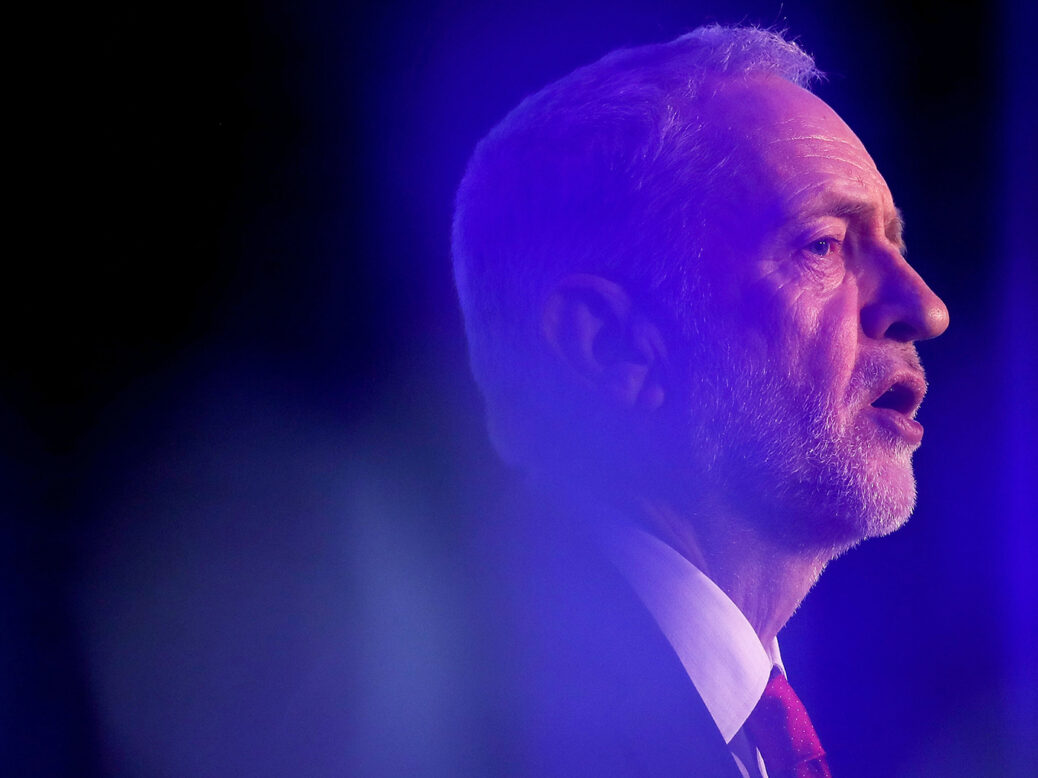
A Telegraph story that Jeremy Corbyn is “considering” running as an independent or as the leader of a new political party in Islington North at the next election has, inevitably, triggered a wave of speculation about how he would fare. Could Corbyn win an election without the Labour imprimatur?
Well, maybe. There are a handful of examples of MPs successfully managing to run and win as independents in general elections, along with a number of near-misses, a couple of lost deposits (such as Simon Danczuk’s 1.8 per cent in Rochdale in 2017), and a much larger number of respectable failures, where the MP did well enough to keep their deposit but not well enough that they could be said to have had a credible chance of winning the seat.
History teaches us that, essentially, a candidate standing as an independent or of a new party can win if they poll about a third of the vote, and that they are best-placed to do so if they successfully pull over local campaigners, be they local councillors, party activists and suchlike.
The most appealing historic comparison is surely that of Dave Nellist’s attempt to be re-elected as Coventry South East’s MP in 1992, having been expelled by Labour’s ruling National Executive Committee due to his membership of Militant. Although Nellist finished third, he polled an impressive 28 per cent of the vote, finishing a little over a thousand votes behind the first-placed candidate, Labour’s Jim Cunningham.
The Nellist-Corbyn comparison is attractive for any number of reasons: both were first elected in 1983 and were assiduous local MPs (Nellist won the Spectator’s Backbencher of the Year award, among other garlands). And, of course, Nellist’s expulsion meant he attracted support from the Labour left and other activists to the left of the Labour Party.
[See also: Why a new left party led by Jeremy Corbyn is a bad idea]
But most importantly, Nellist took a large chunk of his constituency Labour Party and local trade union activist base with him. That, more than his left-right position relative to the Labour Party, may be more instructive.
When we look at the MPs who have won or got close to winning without the support of a major party, what unites them, whether it be Dick Taverne in Lincoln (who polled 35.6 per cent of the vote in victory in February 1974, and 34.6 per cent in defeat in October 1974), Eddie Milne in Blyth Valley (38.9 per cent in victory in February 1974, 36.6 per cent in defeat in October 1974, 28.8 per cent in defeat in 1979), or Jim Sillars in South Ayrshire (who finished second with 31.5 per cent in 1979), what they have in common is that they took councillors with them.
This is true even when the parliamentary candidate themselves is a transplant. George Galloway (a victorious 35.9 per cent in Bethnal Green and Bow in 2005, 17.5 per cent in the neighbouring seat of Poplar and Limehouse in 2010) had no local connections worth speaking of when he ran and won in 2005, but his Respect Party was bolstered by defections among activists and councillors to his party. Candidates for the Social Democratic Party came from all over the country, but they did best in areas where the party won over defectors not only at a parliamentary level, but at local government level.
I think talk of candidates having a “personal vote” (a core base of voters who support them as an individual, rather than out of support for their party) is a bit of a misnomer. An incumbent candidate can add a couple of thousand votes through hard work locally, but it is very rare that those votes are enough to matter to the outcome, not least because their challengers can also build a personal vote through working hard locally.
Nor is the presence of a personal vote a good yardstick as to whether an MP will be able to attract the organisational defectors they need to make a decent run. To take some recent examples, there is no evidence that Frank Field or Douglas Carswell overperformed national or regional trends in their respective constituencies. But what did matter was that when they left their original parties, they took a large chunk of their local parties, including some councillors, with them.
While at the opposite end, Anne Milton in Guildford outperformed equivalent Conservative candidates in other Remain-heavy constituencies; then when she stood as an independent she polled 7.4 per cent – enough to save her deposit but nowhere near to winning the seat.
So it is true to say that you cannot find any indicator that Corbyn did any better in Islington North – a very safe Labour seat, right in the middle of a city that has moved towards Labour in recent decades – than any generic Labour candidate would have (his electoral performances over his political career are not noticeably different from other Labour MPs in similar seats). But what his electoral performance in Islington North cannot tell you is whether Corbyn could attract enough defectors from within his local party at an activist and a local government level to be within a chance of mounting a serious independent challenge.
He surely would be able to pick off enough institutional support within the Islington party to have a credible chance of getting that third of the vote that independent candidates tend to need to win. He would enjoy a greater national and local prominence than essentially any other candidate to try. Against that, his national approval ratings are very poor and he would also attract activists to campaign against him and for the alternative Labour candidate. But he would, nonetheless, have a credible chance of doing as well as Taverne, Galloway, Sillars and Nellist: all candidates who did win their seats or came close to doing so.
[See also: What Liz Truss learned from Jeremy Corbyn]





